Are you considering selling properties in Chicago? If you're a real estate professional catering to the diverse needs of Chicago homeowners, your goal is likely to maximize both the selling price and the speed of the transaction. To be competitive in this market, it's crucial to navigate the nuances of the Chicago housing landscape and understand the current preferences of local homebuyers.
For expert insight, we sought advice from Wayne Beals, Managing Broker at EXIT Strategy Realty and a distinguished member of the Pearl Real Estate Network, specializing in sustainable and high-performing homes within the Chicago metro area.
To set the context, it's essential to acknowledge the existing dynamics. Unfortunately, sellers face a challenging scenario as median home sale prices in the Chicago metro area have experienced a slight decline in the latter part of 2023 compared to the same period last year across urban, suburban, and rural neighborhoods. While some communities like Oak Brook and Naperville have seen an increase in sale prices (25% and 7%, respectively), the overall trend is impacted by current interest rates.
“The industry is going through a mortgage lock-in,” says Beals. “And so a lot of homesellers in Chicago, particularly those who don't have existing mortgages, don’t really have a huge economic incentive to sell. They may choose to wait it out.”
If sellers are dissatisfied with median home prices or hesitant about higher mortgage rates, Beals recommends adopting a longer-term strategy. Sellers can focus on enhancing their home's value through strategic upgrades, positioning it favorably when interest rates decrease, and buyers become more motivated.
Understanding the unique aspects of the Chicago climate is crucial when advising homeowners on strategic investments.
“You have to start with the Chicago climate,” says Beals. “It’s perceived to be an extreme climate: extremely hot and humid in the summer, extremely cold and dry in the winter. And those extremes affect the local population at a psychological level. Chicagoans tend to view their homes as a true ‘shelter’ from whatever’s happening outside. Comfort is a top priority, and not just in winter.”
Given the prevalence of old-build homes with outdated heating features, such as coal-burning elements, addressing insulation becomes paramount. Insulation upgrades and air sealing should be prioritized, with a formal energy audit recommended to identify and rectify any leaks.
Beals underscores that the return on investment for insulation upgrades begins immediately, showcasing energy savings even before the home is listed. Improved indoor air quality resulting from these upgrades is also a compelling selling point, particularly considering the prevalence of respiratory issues in Chicago, such as asthma.
1. Garage door replacement: On average, sellers recoup 80.1% of costs at the time of sale.
2. Window replacements: Sellers recoup an average of 71.5% of costs.
For those who have already addressed these areas or have them in place, exploring the addition of photovoltaic (PV) solar panels is a strategic move. While this requires upfront investment, the reliable ROI timeline and potential reductions in electric bills make it a compelling option, especially in a city where a significant portion of households struggled to pay their energy bills.
To expedite the timeline while mitigating upfront costs, sellers can leverage the Inflation Reduction Act and tax credits associated with home energy improvements. Proper documentation for home upgrades is essential to benefit from these tax credits. Additionally, anticipated rebates in 2024, along with existing utility program rebates, can further reduce project costs.
Research indicates that properly marketed Pearl Certified homes sell for an average premium of approximately 5%. Pearl Certification, as a third-party certifier, provides valuable information to appraisers about a home's performance assets and their impact on value. Certification also communicates the everyday benefits of upgrades to potential buyers, potentially expediting the selling process.
In a market where transparency is valued, certification can instill confidence in buyers by providing a clear understanding of a home's condition. Beals emphasizes that certified homes may experience increased deal stability, reducing surprises for buyers.
Navigating the Chicago real estate market requires a strategic approach. As the market remains competitive, prioritizing home performance upgrades can be a smart interim strategy. Insulation upgrades stand out as a high-return investment, but various options exist for both short- and long-term value.
Certification serves as the final piece of the puzzle, linking home performance upgrades to resale value. For more actionable insights, education and resources specific to marketing homes with high-performing features, agents should join Pearl Certification's free network for real estate professionals by completing the form below.


Pearl is transforming the housing market by scoring, verifying, and certifying the performance of homes across the country.